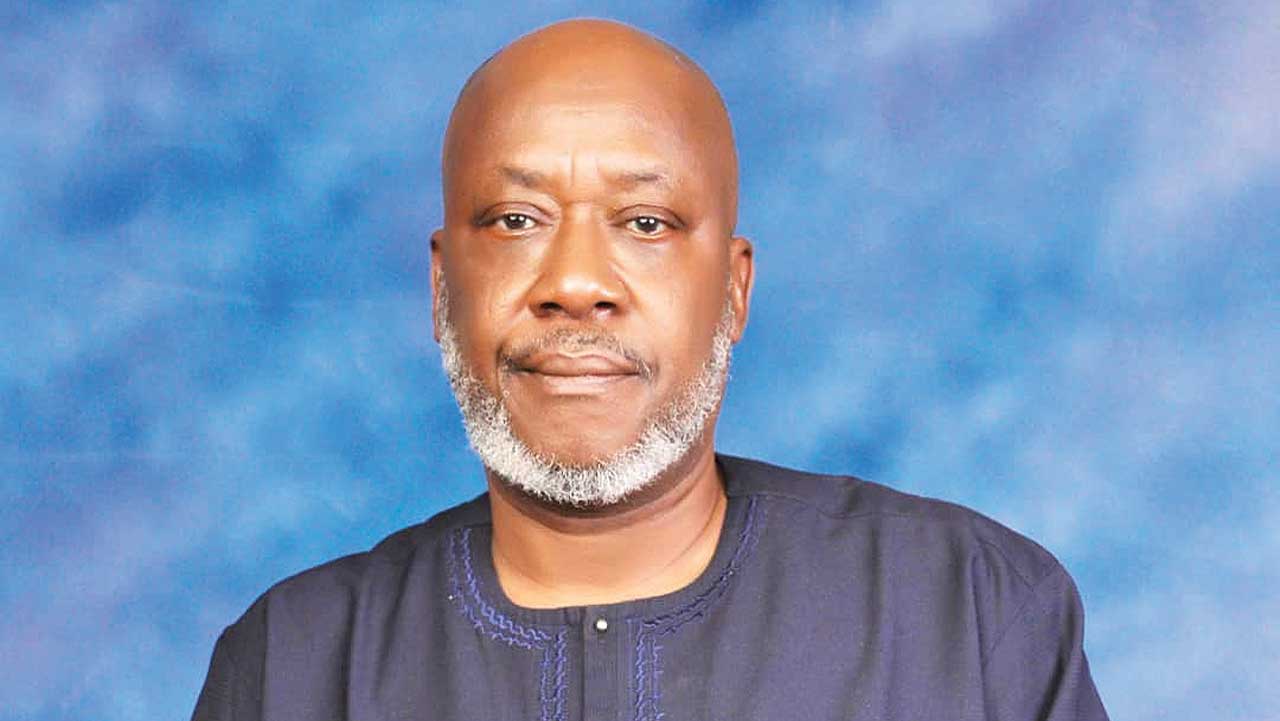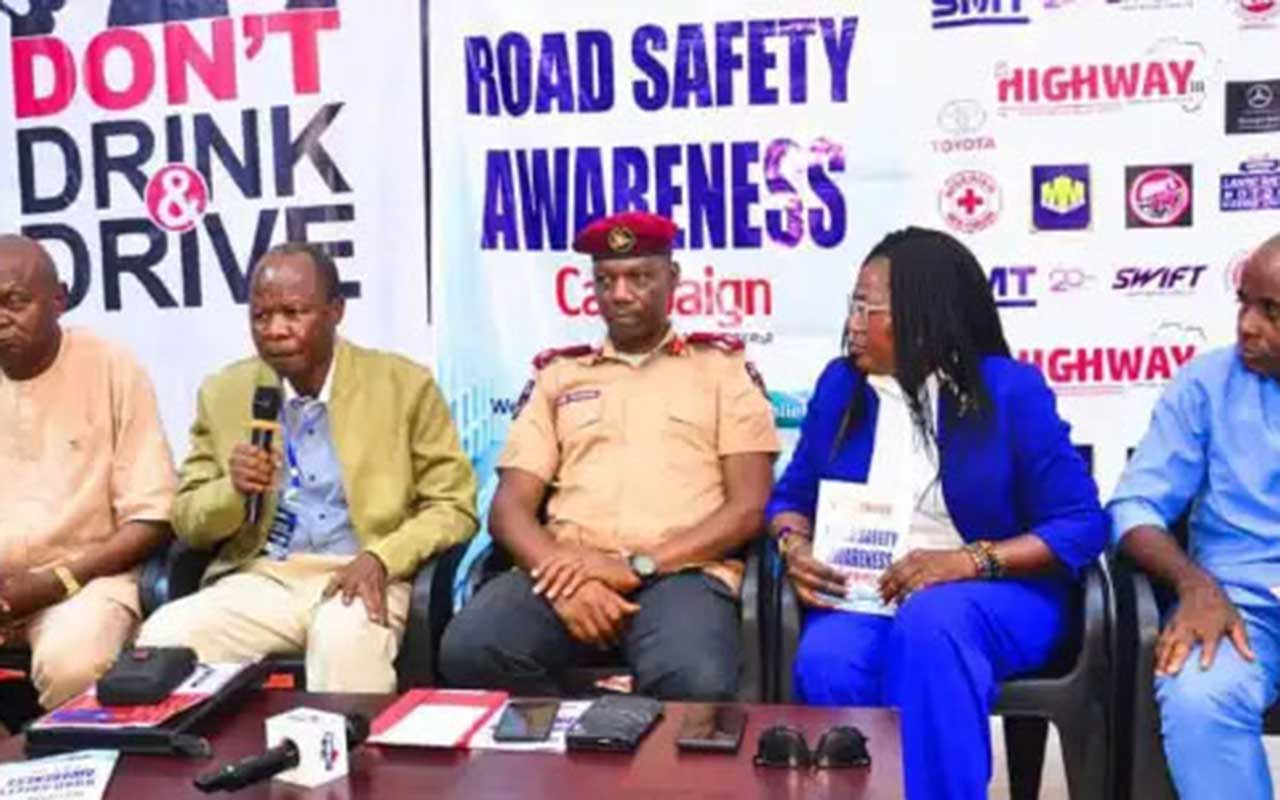Daily, truck drivers, despite being a critical part of the logistics chain, contribute to the number of avoidable deaths in Nigeria, a country that has lost thousands of its citizens to insecurity in the past five years.
With multiple deaths recorded monthly, less attention seems to be paid to the menace of truck drivers. And prosecution has not been secured effectively.
Like a daily ritual, before hitting the road, many commercial drivers have been found to indulge in one form of vice or another. Thereafter, they drive in a manner that sends panic down the spines of both motorists and pedestrians. The drivers mostly pay little attention to road signs or traffic rules.
Within seven days, three accidents involving trucks were reported in Edo State alone, highlighting the severity of the crisis.
On August 13, 2025, Ruth Otabor, the sister of Big Brother Naija Season 7 winner, Ijeoma Otabor, popularly known as Phyna, had a leg amputation after being hit by a Dangote Group truck near Auchi Polytechnic, Edo state, just six days after she graduated from the school.
According to eyewitnesses, the heavy-duty truck allegedly crushed her leg before it was eventually chased and stopped by a bystander.
Reacting to the development, Dangote Group pledged to offer full support, including comprehensive medical care and appropriate compensation in line with the company’s policy.
On Sunday, August 17, 2025, three people were killed in the same town when two trucks and a GLK Benz were involved in an accident in front of the Omega Fire Ministry at midday.
On August 18, another truck accident happened in Ikpoba Slope, Benin City, leaving six people in critical condition.
For years, trucks have veered off the road, ending lives and crumbling businesses without compensation.
In Nigeria, the road haulage industry is often poorly regulated, and safety rules are weakly enforced, experts have said.
As part of the consequences, drivers work longer hours than is safe, are overworked and poorly compensated, which increases pressure and risk of accidents.
Speaking with The Guardian on regulating truck drivers, Corps Public Education Officer, Federal Road Safety Corps (FRSC), Ogungbemide Olusegun, said: “We have a working relationship with truck owners through the Road Transport Safety Standardisation Scheme (RTSSS) put in place by the FRSC in 2007 to regulate the activities of truck owners and truck drivers.
“RTSS was prompted by the activities of truck owners and transporters, which led to a series of crises. In the wisdom of the Corps, the policy was brought on board to regulate the activities of the trucks. The major focus was on the drivers, vehicles and the operators. Training was also put in place.
“We train drivers under the scheme; we inspect various companies to know the status of their vehicles and the relationship between the drivers and the operators. There are lots of factors that lead to road crashes, and that is why we always advocate that it is not about the FRSC. It is everybody’s responsibility; everybody has a role to play.”
When asked about the level of cooperation, he said, “If anyone does not cooperate with the policies, we decertify them. Their certificates can only be renewed when they do the right thing.”
Speaking with The Guardian, a UK-based Akinola Precious, said many Nigerian haulage companies would have been closed if they operated in the UK and recorded accidents in the manner they do in Nigeria.
He said: “A truck driver can only drive for a maximum of nine hours per day. A driver rests for 45 minutes after driving for four hours and 30 minutes and he will be paid for the minutes he rests. The rules limiting drivers to a maximum of nine hours per day and ensuring they take rest breaks are designed to prevent fatigue, which is a major factor in road accidents.
“A driver must rest for at least 45 hours a week. There is a working policy that ensures that no driver works beyond the hours stipulated. If any company stretches that, the company could be reported, and the driver’s job is safe.
“If the government discovers that a driver is being overworked, the company will be penalised and the licence will be withdrawn, and it will pay heavily.
“Many companies in Nigeria cannot function in the UK because they cannot kill citizens there and go scot-free.”






